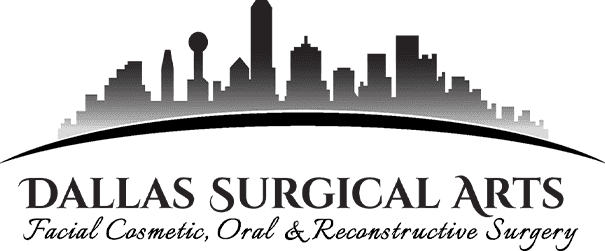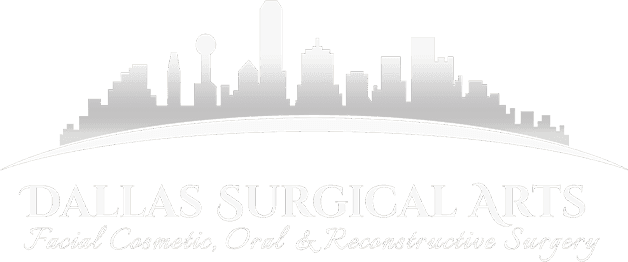Many people experience temporomandibular joint (TMJ) problems often, which involves suffering from jaw disorders due to underlying conditions. Not everyone knows how important your jaw is because it offers many purposes, such as helping you chew your food, speak properly, breathe correctly, and improve your face.
However, those who face jaw damage cannot perform those essential functions to accomplish their day-to-day tasks. If you are undergoing a similar situation, you shouldn’t lose hope because a doctor can perform orthognathic surgery to fix your problem.
The surgery helps correct your jaw’s unusual condition to let you achieve a better and more comfortable life. If you’re having second thoughts because you’re unsure what to expect, keep reading below to find out what to know about getting orthognathic surgery for your jaw.
Understanding Orthognathic Surgery
Orthognathic surgery is better known as jaw surgery. It’s a medical procedure that helps address people’s deformities in their jaw bone. The treatment involves repositioning your jaw and teeth to look normal, allowing you to achieve better functions and a more appealing look.
For those who have undergone regular orthopedic procedures in the past and aren’t satisfied with the results, you can still get orthognathic surgery to address your facial problems. The main reason for jaw surgery is it can fix your skeletal and dental irregularities to help you eat, chew, and speak better.
One good side effect that people can obtain from orthognathic surgery is it can enhance the way you look. Typical jaw issues that the surgery can target include an open bite, asymmetrical facial features, facial injuries, congenital disabilities, receding chin or lower jaw, and trouble chewing, biting, or swallowing.
If you’re facing recurring TMJ pain and always have a headache, have a protruding jaw, breathe through your mouth in your sleep, or have trouble sleeping, getting jaw surgery could help. Depending on your orthodontist’s advice, only if they think you’re a good candidate for jaw surgery can you push through with the operation.
Getting Ready for Orthognathic Surgery
When your oral surgeon calls you in for evaluation for orthognathic, you will face a series of exams, including x-rays, CT scans, and creating models of your teeth as part of preparing for treatment. Prior to the scheduled surgery, you may have to get braces between twelve and eighteen months to help straighten your teeth for an easier procedure.
After you receive the signal from your orthodontist that you can get jaw surgery, you must strive to keep your lifestyle healthy months before your scheduled surgery. Some ways to improve your situation are exercising regularly, sleeping properly, and staying hydrated.
You should also keep your oral health good and don’t forget to brush and floss your teeth and gums every day. When your immune system is healthy, you can guarantee your body will heal much better once you go through jaw advancement surgery.
Conclusion
It’s important to always listen to your orthodontist and doctor regarding the best possible solution to eliminate your jaw problems. When everything goes well and the surgery is over, you can expect to see improvements regarding how you swallow, chew, eat, speak, and sleep. Not only that, but you can expect better teeth and jaw functions, enhanced facial symmetry, and newfound confidence to brave the world with a smile.
Are you looking for orthognathic jaw surgery in Dallas, TX, for your TMJ disorder? Dallas Surgical Arts is run by Dr. Sanovich, providing cosmetic treatments, including facial plastic surgery, facelift, eyelid surgery, brow lift, otoplasty, and Botox. Get in touch with us today to book an appointment!


